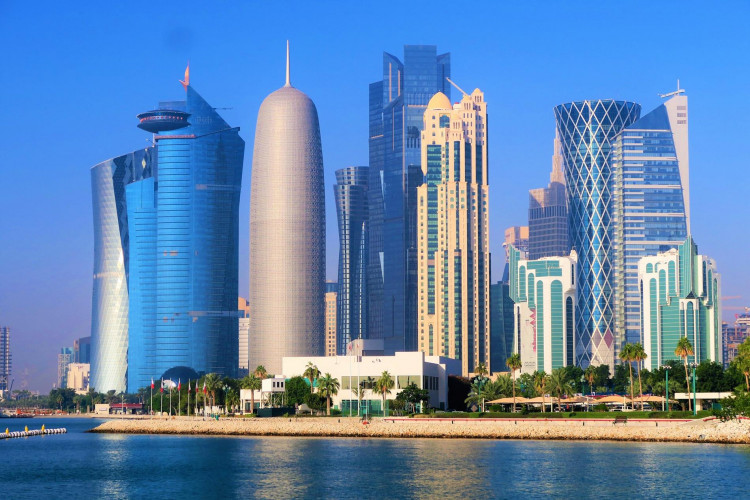Qatar is still giving the cold shoulder by not discussing - and fix - a 30-month global economic and political dispute with the United Arab Emirates, Qatari Foreign Minister Mohammed bin Abdulrahman Al Thani disclosed in an interview with Bloomberg TV.
However, Qatar has had talks with Saudi Arabia, and the easing of its earlier impasse with the kingdom has enabled the two neighbors to develop a communication line, Al Thani said.
"We're speaking to Saudi Arabia, and we think we're going to look at the rest of the problems at a later stage," said Al Thani, who also serves as deputy prime minister. Qatar has not yet expected date for a Saudi reconciliation deal, he said.
Keeping The Lines Open
Al Thani added that it was too early to say that progress was made during the talks with Saudi Arabia. "What was achieved was the opening of channels among us," he told Al Jazeera, in Doha.
The isolation of Doha from its nearest and strongest Arab neighbors contrasts sharply with their traditionally fraternal relationships.
The split began on June 5, 2017, when diplomatic and trade relations with Qatar were unexpectedly cut by Saudi Arabia, the U.A.E, Bahrain, and Egypt.
The countries accused Doha of bankrolling regional militant groups - an accusation it denies - and undermining regional efforts to isolate Iran with which it shares the largest natural gas field in the world.
Stronger, Despite The Threats
On Twitter, late Saturday, Qatar's claim that it can resolve the dispute by speaking to Saudi Arabia alone, bypassing the other three boycotting countries, is "a repetition of attempts to split the ranks and circumvent commitments."
The spat defied Kuwaiti and U.S. mediation attempts and eventually settled into a stalemate after the boycotting nations refused to inflict on gas-rich Qatar the kind of economic damage that might have brought it to its knees.
According to Trade and Industry Minister Ali bin Ahmed Al-Kuwari during a Doha conference on Saturday, their economy has been "well over the past two years, stronger than those countries that have threatened us."
Last year, foreign direct investment in Qatar increased by nearly 7 percent and this year another 5 percent, reaching 760 billion riyals ($207 billion), Al-Kuwari said.
Over the past two years, a fifth of all factories in Qatar have opened, and while the country used to import most of its dairy products, it is now an exporter, the official said.






